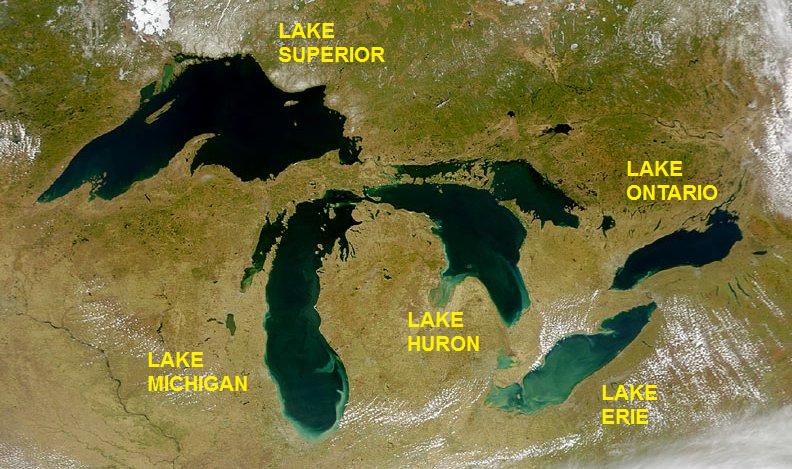WINDSOR, Ont. – In contrast to traditional natural resource management that fosters autocratic decision-making, an ecosystem approach champions collaboration and empowering stakeholders, says a UWindsor researcher.
John Hartig, a visiting scholar at the Great Lakes Institute for Environmental Research, writes in an online column that once isolated pollution sources came under control, the focus has shifted to a more comprehensive ecosystem approach that accounts for all sources of pollution and targets the health and resilience of ecosystems overall.
He cites a recent study by the Healthy Headwaters Lab, “An Ecosystem Approach: Strengthening the Interface of Science, Policy, Practice, and Management.” The authors: Dr. Hartig, research associate Fani Tsaroucha, post-doctoral fellow Ali Mokdad, professor emeritus Doug Haffner, and director Catherine Febria, reviewed 12 ecosystem frameworks and recommended several actions, including:
- establishing a community of practice that includes resource managers, researchers, educators, and practitioners;
- breaking down the “silo mentality” to improve communication and foster co-production of knowledge and co-innovation of solutions;
- building trustful relationships and capacity-strengthening efforts that enable the incorporation of Traditional Ecological Knowledge into every step of ecosystem-based management; and
- including watershed education in the curriculum of K-12 students and educator training for all Great Lakes states and provinces.
“There are many boundaries and barriers to ecosystem-based management, including institutional, geographic, political, disciplinary, cultural, socio-economic, and more,” Hartig concludes. “An ecosystem approach requires spanning such boundaries and overcoming barriers in support of science-based decision-making.”
The column is part of Great Lakes Moment, a monthly series he publishes in conjunction with the magazine-style television program Great Lakes Now, housed at Detroit Public TV.
Read the entire piece, “Great Lakes Moment: An ecosystem approach,” at GreatLakesNow.org.









